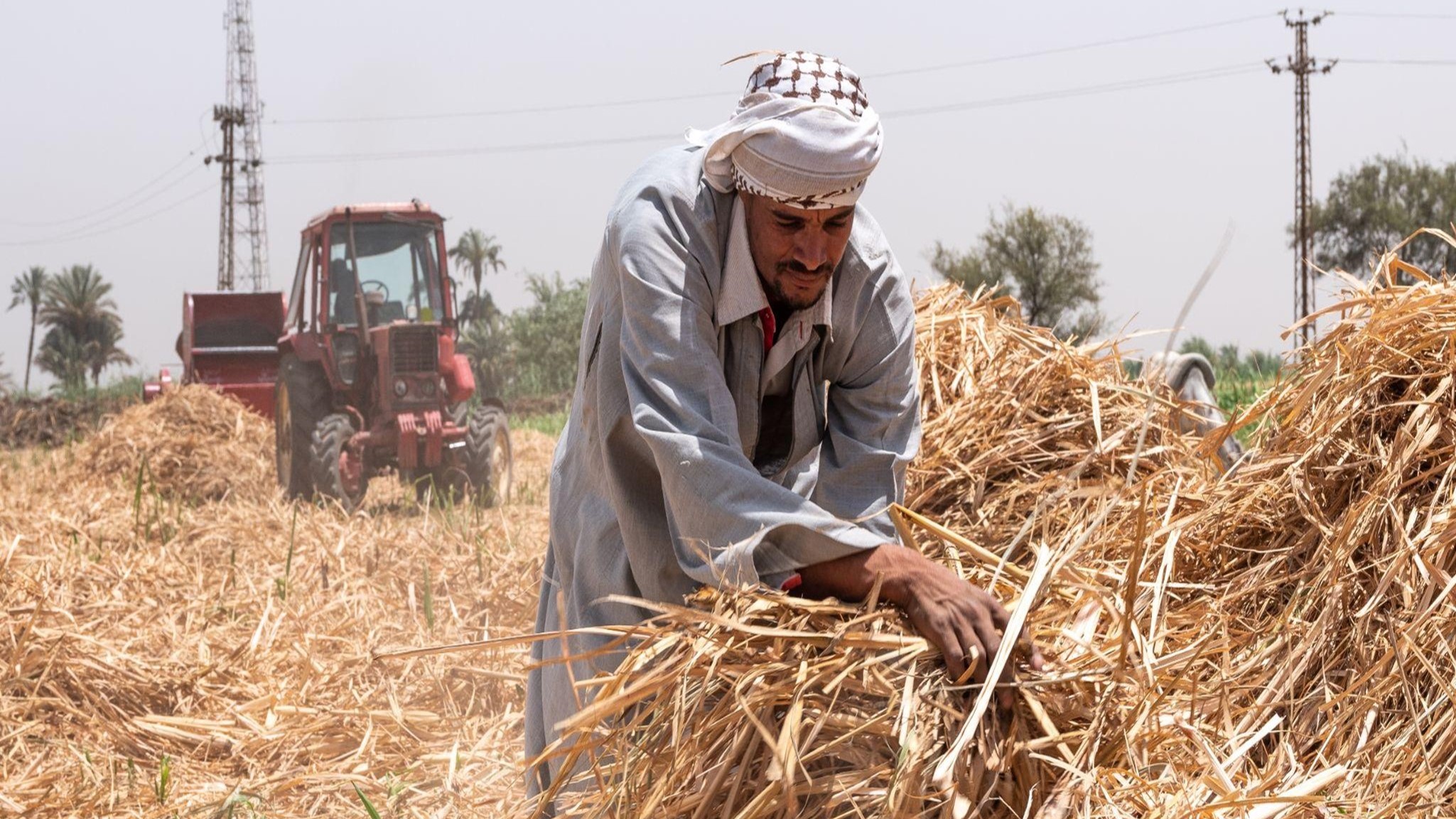Meeting climate targets through circular bio-based solutions
17 November 2022

SHARM EL-SHEIKH – The aim of the bioeconomy is to unlock the full potential of all types of sustainably sourced biomass, including residual biomass, such as crop residues, industrial side-streams and food waste, as well as organic municipal waste, by transforming it into value-added products. A side-event at COP27 focused on the role of bio-based industries in reducing greenhouse gas emissions, for example, by diverting biomass from landfills, while fostering economic competitiveness, creating jobs, safeguarding the environment and protecting biodiversity.
Stephan Sicars, Director of the Circular Economy and Environmental Protection Division at the United Nations Industrial Development Organization (UNIDO), kicked off the event by presenting an overview of the economic, social and environmental benefits of a just transition to a bioeconomy.
Sicars said, “We see the circular bio-based economy as a powerful tool for protecting the environment and meeting our climate change targets, for restoring degraded soils, strengthening local manufacturing, substituting imports and promoting exports, attracting new investments and creating local jobs, including in rural areas.”
A panel of experts then discussed initiatives taken by governments and the private sector to facilitate a just transition to a bio-economy.
Ali Abo Sena, head of Egypt’s Environmental Affairs Agency at the Ministry of Environment, introduced his country’s first national bio-based economy strategy, supported by UNIDO, with funding from Switzerland. The strategy will contribute Egypt’s climate change mitigation and adaptation and sustainable development objectives by maximizing the return on Egypt’s biomass residues and industrial crops. He empathized that all the relevant ministries need to come together to make efforts to turn the strategies into actions.
Michal Harari, Deputy Head of Cooperation at the Embassy of Switzerland in Egypt, elaborated on examples of bioeconomy tools and initiatives supported by Switzerland in Egypt and other countries.
Ehab Usama, Chitosan Egypt, and Ahmed Rady, Egymag Biotechnology Company, presented their innovative business models and technologies for valorizing agricultural and food waste to produce feed, organic and bio-fertilizers and bio-pesticides, while at the same time providing new income-generating possibilities for waste collectors. They also highlighted the challenges that entrepreneurs face in bringing innovative bio-based products to the market.
Maya Jacob John, from South Africa’s Council for Scientific and Industrial Research, elaborated not only on the benefits of using agricultural residues as local material inputs and how it would contribute to development of green industry in South Africa, but also on the importance of the design stage. “Bringing in biodegradable material does not solve plastic leaking to the environment,” she said. “Rather it is important to develop a circular system, including the improvement of the collection system.”
Ahmed Gaber, Chairman, Chemonics Egypt Consultants, stressed the timely development of Egypt’s first bio-based economy strategy and the critical role that it will play in removing barriers for businesses manufacturing innovative bio-based products and therefore in advancing sustainable industrial development and enhancing Egypt’s economic competitiveness. Gaber also emphasized the importance of having plans at the regional and governorate levels for the bio-based economy to leverage the comparative advantages of each territory.
Jukka Kantola from the World Bio-Economy Forum concluded the panel discussion by shedding light on the international dimension of the circular bio-economy and the latest developments at the global level.
For more information, please contact:
Annachiara Scandone, UNIDO Industrial Development Expert, a.scandone@unido.org
and
Nahomi Nishio, UNIDO Industrial Development Expert, n.nishio@unido.org